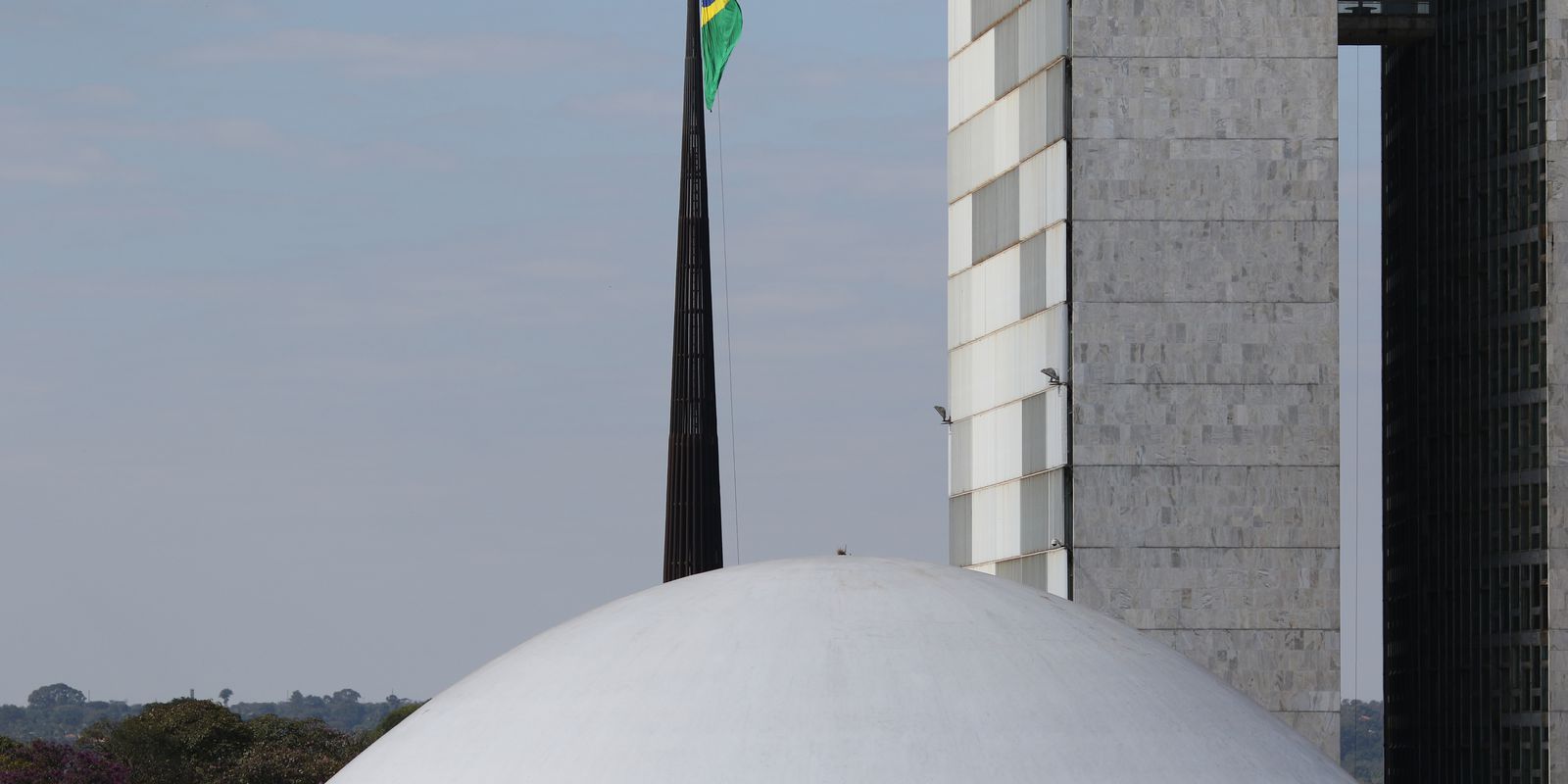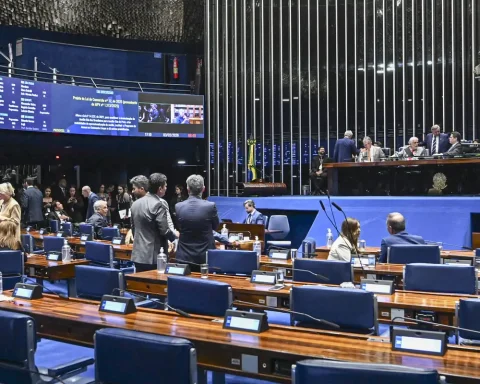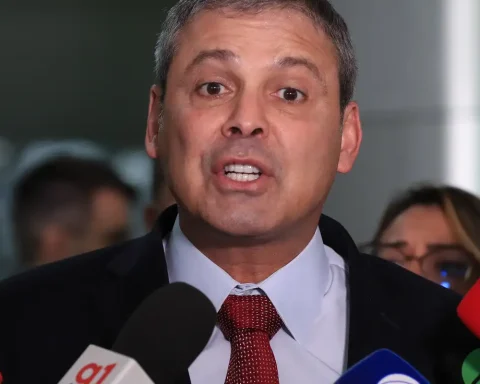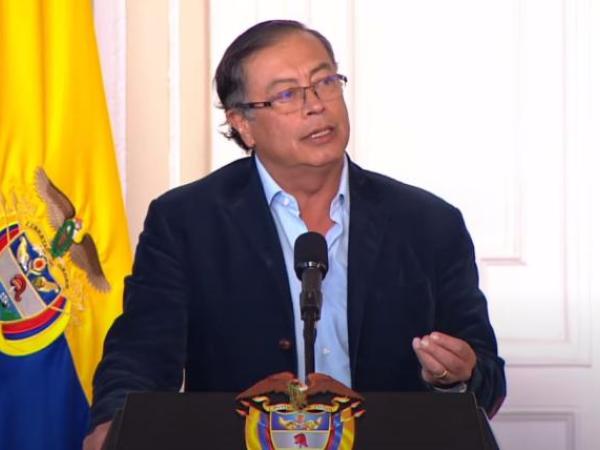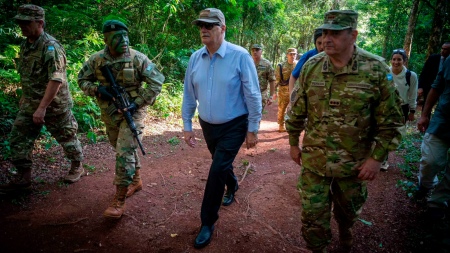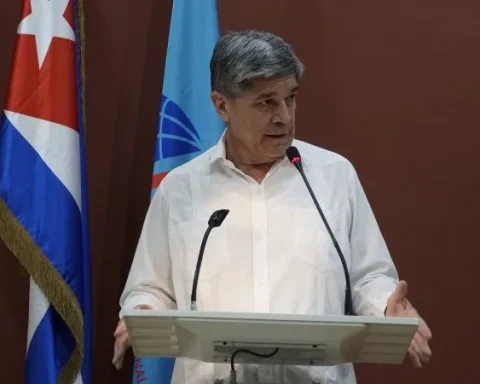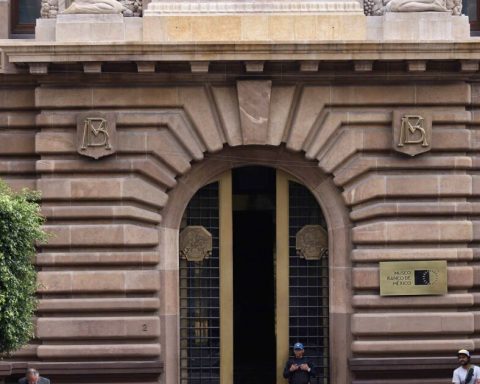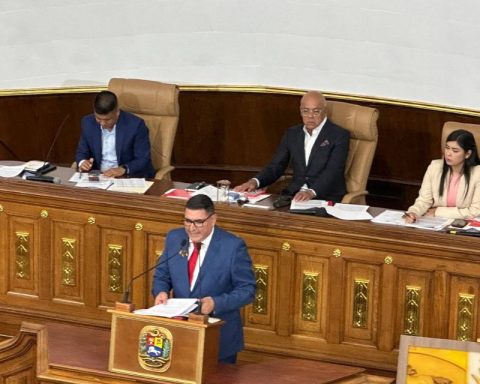The senators and deputies of the Mixed Budget Committee (CMO) approved the Preliminary Budget Report for 2023 this morning (30). The submitted amendments were rejected.
The approved text was presented by the government of Jair Bolsonaro and can still be modified. The final report does not have a date to be analyzed and needs to be approved by the CMO, before being voted in the plenary of the National Congress.
According to a text by the general rapporteur for the Budget, senator Marcelo Castro (MDB-PI), revenue and expenditure projections total BRL 5.2 trillion, with BRL 143.5 billion earmarked for the investment budget of state-owned companies and R$ $5 trillion to tax and social security budgets. Of these, R$ 2 trillion refer to the refinancing of the federal public debt.
The target for the primary deficit of the central government in 2023 was set at BRL 65.9 billion in the 2023 Budgetary Guidelines Law (LDO), equivalent to 0.6% of GDP, with an increase in relation to the primary deficit calculated in 2021 (0.41% of GDP). In the 2023 Annual Budget Bill (PLOA), the forecast is that the primary result of the central government will be slightly lower than the LDO target (R$ 63.7 billion).
In the senator’s evaluation, the proposal for the 2023 Budget has insufficient resources for public policies in social areas, such as housing, basic sanitation, education and health. The congressman pointed out that the elected government of Luiz Inácio Lula da Silva has been working to approve the so-called Transition PECwhich seeks to secure resources for the Auxílio Brasil program, which should be renamed Bolsa Família and should remain outside the spending cap rule for the coming years, if the PEC is approved.
“The comparative analysis of the budget proposal for 2023 with that of previous years demonstrates a significant reduction in expenses in programs and actions of great relevance for the reduction of social and regional inequalities, making it necessary to make fiscal alternatives viable so that the budget meets the demands of society and so that there is no risk of discontinuing public policies,” he said.
The report points out that, within the scope of the Ministry of Education, actions of a discretionary nature suffered significant decreases in the budget proposal for 2023, some with reductions greater than 50%.
The budget for social housing to haveá BRL 82.3 million, a reduction of 93.2% compared to the proposal for 2022 (BRL 1.2 billion). The budget action that suffered the biggest reduction is destined to the payment of quotas to the Fundo de Arrendamento Residencial (FAR). Responsible for carrying out investments of a housing nature, the FAR, which received an average of R$ 11 billion between 2012 and 2016, has only R$ 34.2 million in the PLOA 2023. Last year, the proposal provided for the allocation of BRL 728.9 million.
